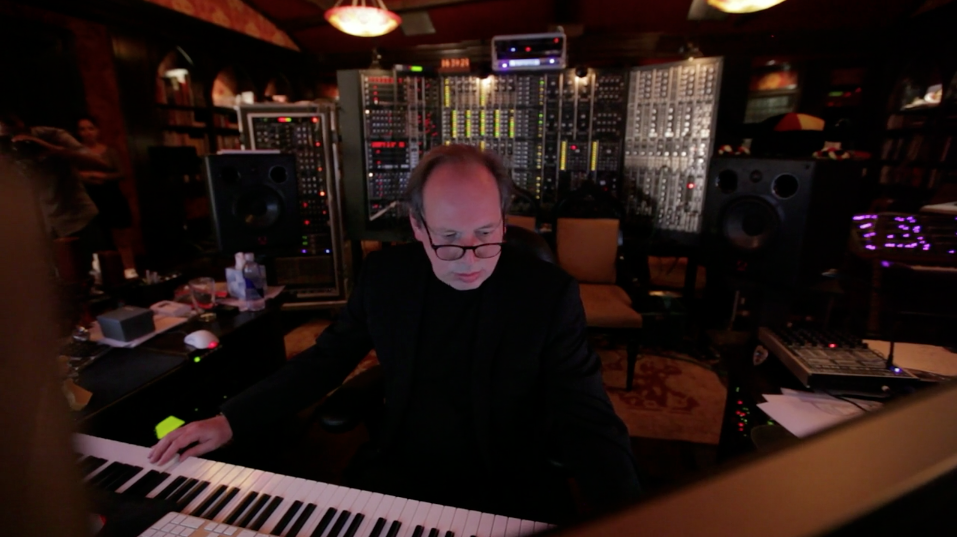Harry Gregson-Williams
One of the two reviews that I've ever actually done is by this guy. He's done movies like Narnia, Shrek, and the Martian. He's also done a few 3A video games in his time as well, including COD Modern Warfare and Metal Gear Solid 5. But my biggest reason for putting him on this list is because of his really compact themes that contain so much emotion. Especially in some movies he's worked on with Ben Affleck, he's managed to write beautiful themes without all the gratuitous stuff like what John William's music sounds like.
Michael Giacchino
This is the composer of that one other review I did... He's done movies like Up, Ratatouille, Doctor Strange, and Rogue One. He's also known for the entire Lost series. He's managed to win an Oscar for his work on Up in 2010, and a nomination two years before that for Ratatouille. Personally, I really like his flexibility. He can perfect a score like Up, but still be able to pull off something totally different like Rogue One. Giacchino is also the only composer to have written for every branch of Disney (Doctor Strange, Rogue One, a bunch of live action, and a bunch of Pixar).
Thomas Newman
Newman is probably the unluckiest guy on this list; he has 14 Oscar nominations and 0 wins. He's done movies like The Shawshank Redemption, Nemo, and American Beauty. I personally really like him because of his amazing use of leitmotifs in a lot of his movies, but also because of his incredible use of instrumentation. He also has a relatively minimalist approach to composing, which is something that I feel works 90% of the time, and I really enjoy music like that.
John Williams
Oh no... he's not at the top of the list! The only reason why Williams isn't much higher on this list is because of how similar all of his scores are to each other. If it weren't for this, he'd probably be up at the top.
Howard Shore
Ah... Leitmotifs. Howard Shore satisfies my desperate need for them. I've talked about them before, and if my explanation doesn't make sense, compare it to the Wiki and mine might start to seem like a good explanation. Especially on his work with Lord of the Rings, the leitmotifs add SO much to the entire movie. His composing genius astounds me all the time anyways.
Hans Zimmer
Zimmer is quickly becoming the most financially successful film composer yet. He's written music for movies like Inception, Interstellar, and Pirates of the Caribbean. His music is possibly the most powerful in Hollywood today, and his dynamic portfolio is incredible. With the ability to write for any scenario, Zimmer easily deserves a spot at the top of my list.
 |
| Hans Zimmer in his insane studio. Courtesy of Guitar Master Class |





